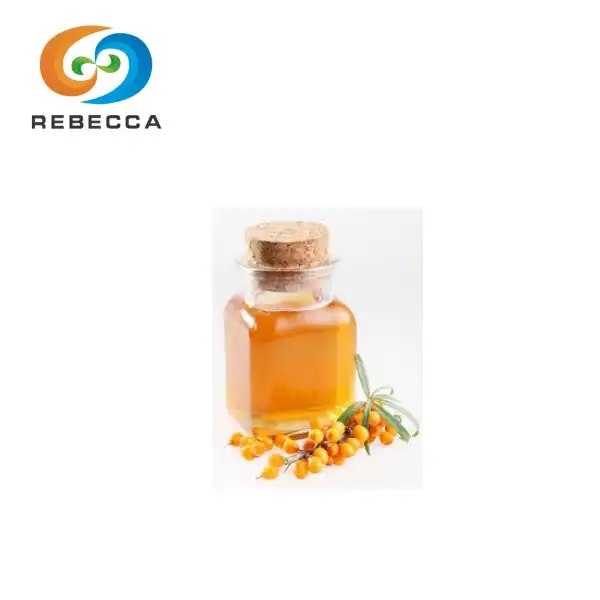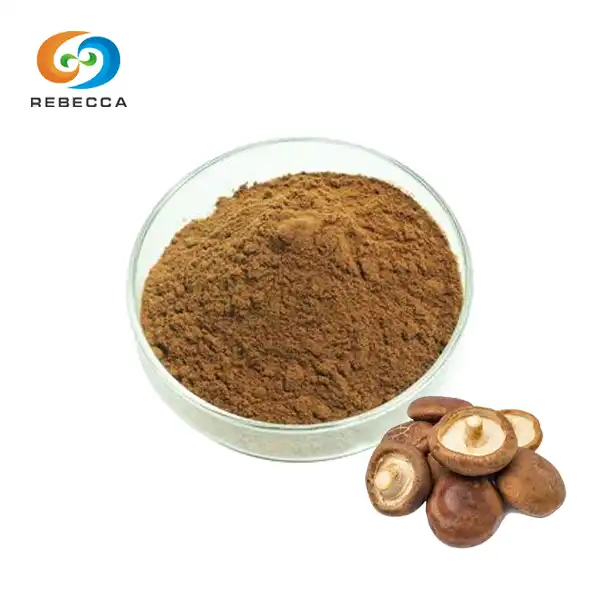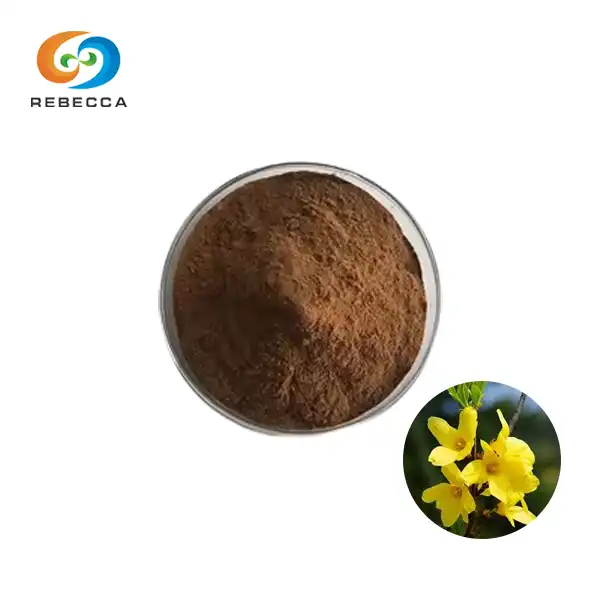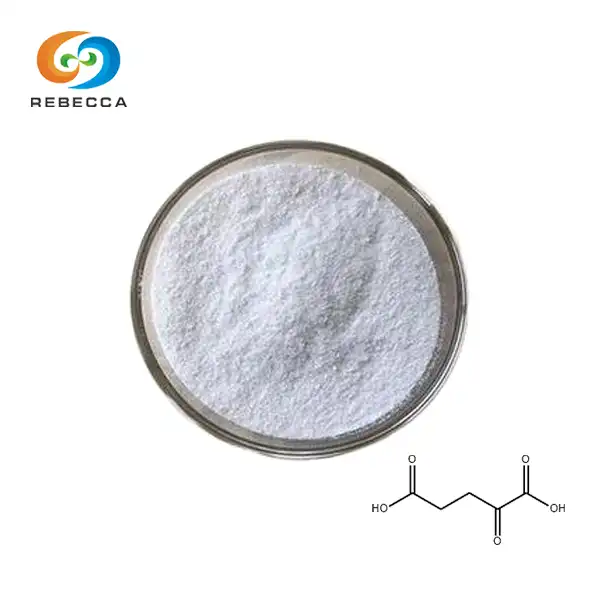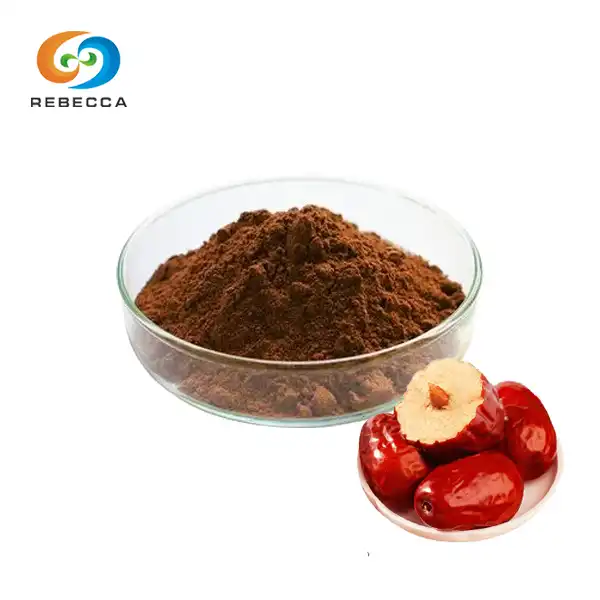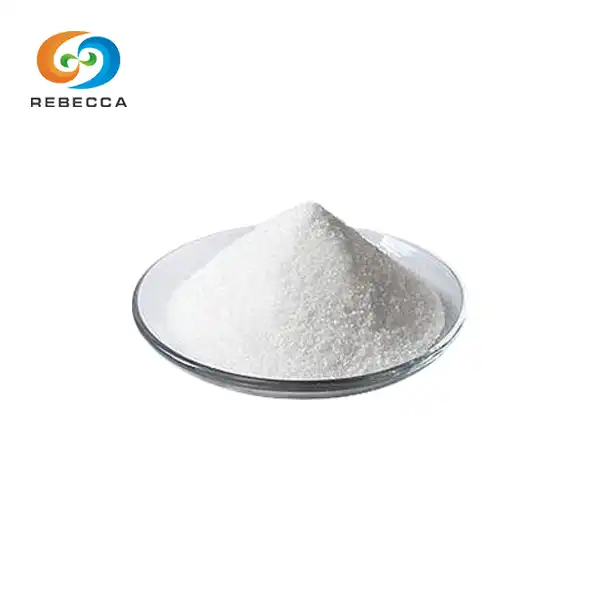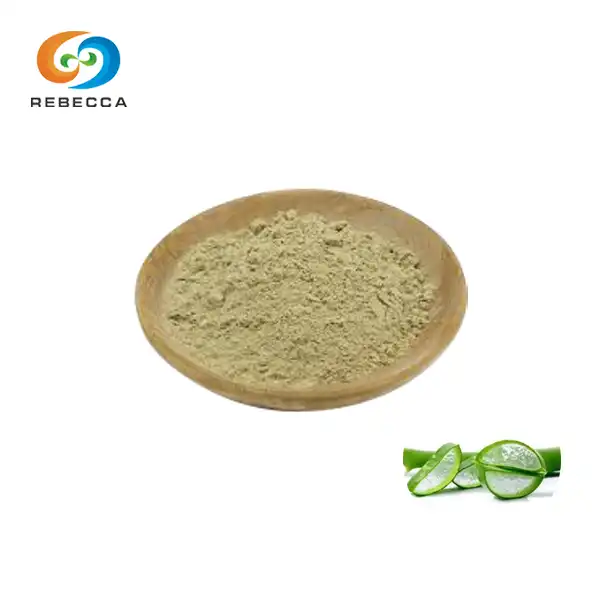What Is L Ergothioneine?
L-ergothioneine is a naturally occurring amino acid and antioxidant that has gained attention for its potential health benefits. Discovered in the early 1900s, it is found in various foods, particularly in mushrooms, beans, and some whole grains. This compound is interesting because certain parasites and microorganisms combine it, making it an essential supplement for people whose bodies cannot produce it. This blog will plunge into its properties of it, its regular significance, and its normal applications in prosperity and well-being.

What Is L Ergothioneine?
L-ergothioneine, or ergothioneine for short, is an intriguing normally happening amino corrosive subordinate that has provoked the curiosity of well-being fans and researchers the same. This unique compound, which can be found in a variety of foods and has been linked to a number of potential health benefits, is a fascinating topic for research in the food and medicine fields.
Ergothioneine is generally tracked down in certain sorts of growths, particularly mushrooms, which are one of the most outstanding wellsprings of this compound in food. In addition, it can be found in trace amounts in a number of foods, including beans, oat grains, and some meats, like liver and kidney. Curiously, in spite of the way that people don't deliver their own ergothioneine, our bodies contain a particular carrier protein that guides in its retention and circulation all through our tissues, showing its significance to human wellbeing.
The discovery of ergothioneine dates back to 1909 when it was first isolated from ergot, a type of fungus that grows on rye and other grains. From that point forward, research has continuously uncovered its expected jobs in wellbeing upkeep and maybe even illness anticipation. L-ergothioneine might assume a critical part in our bodies' cell reinforcement guards and cell security systems as we gain a more profound comprehension of this compound.
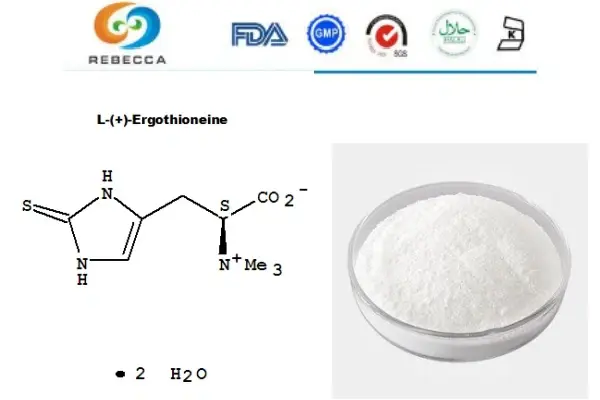
Chemical Structure And Properties
L-ergothioneine has a unique chemical structure that sets it apart from other amino acids and antioxidants. Its molecular formula is C9H15N3O2S, and it's characterized by a thiourea structure attached to a histidine molecule. Its unique properties and roles in biological systems are enhanced by its unique arrangement.
One of the most remarkable features of ergothioneine is its high stability. Unlike many other antioxidants that can be easily oxidized and lose their protective properties, ergothioneine maintains its effectiveness under a wide range of physiological conditions. It can endure high temperatures, different pH levels, and even auto-oxidation, making it an especially hearty compound in natural conditions.
Ergothioneine's stability is largely attributed to its tautomeric structure. In solution, it exists predominantly in its thione form rather than the thiol form typical of many sulfur-containing compounds.
Ergothioneine's high water solubility also makes it easier to distribute throughout the body. It can build up in a variety of tissues, particularly in high concentrations in oxidative-stress-prone organs like the liver, kidneys, and some blood cells. Ergothioneine may have a specific protective role in these tissues due to the targeted accumulation.

Medical And Scientific Research
The medical and scientific communities have shown a lot of interest in L-ergothioneine because of its unique properties. Specialists are effectively researching its possible jobs in sickness counteraction and by and large well-being upkeep, with a specific spotlight on conditions related to oxidative pressure and irritation.
One area of intense research is ergothioneine's potential neuroprotective effects. Ergothioneine may help protect against neurodegenerative diseases like Alzheimer's and Parkinson's, according to a few studies. For instance, ergothioneine was found to reduce the accumulation of amyloid-beta, a protein linked to Alzheimer's disease, and to protect neuronal cells from oxidative damage in a study that was published in the journal "Antioxidants" in 2020.
Ergothioneine also has promise in the health of the heart. It may help protect against atherosclerosis, the formation of plaque in the arteries that is linked to stroke and short-term heart disease, according to research. Ergothioneine might assist with keeping up with cardiovascular well-being by diminishing irritation and oxidative pressure in vein cells, as per a recent report in the "Diary of Clinical Medication."
The fact that ergothioneine has calming properties has also sparked research into its actual ability to treat persistent irritation. Although more research is needed to confirm these effects, some studies have suggested that it may be beneficial in conditions like rheumatoid arthritis and inflammatory bowel diseases.
Ergothioneine is being read up for its expected job in sound maturing notwithstanding its potential illness-preventive properties. Because of its capacity to shield cells from oxidative harm and keep up with mitochondrial capability, a few scientists have conjectured that it could assist with dialing back certain parts of maturing.
Despite the fact that these outcomes look encouraging, it's memorable's essential that a ton of the exploration is still in its early stages. More human clinical trials are needed to fully comprehend the effects of ergothioneine and its potential therapeutic applications in humans. Numerous studies have been carried out in cell cultures or animal models.

Supplementation of L-ergothioneine
As people become more aware of the potential health benefits of L-ergothioneine, ergothioneine-containing supplements are gaining popularity. These enhancements can be found in a variety of forms, including powders and containers, and they are frequently promoted as supporters of cell reinforcement or as anti-aging substances.
The antioxidant and anti-inflammatory properties of ergothioneine are largely responsible for the potential advantages of supplementation. Advocates recommend that it might help safeguard against oxidative pressure, support mental capability, and advance general cell well-being. Nonetheless, it's urgent to move toward these cases with an alert, as the impacts of long-haul supplementation in people are not yet completely comprehended.
When it comes to dosage, there's currently no officially established recommended daily intake for ergothioneine. Supplement dosages can vary widely, typically ranging from 5 to 30 mg per day. It's important to note that these doses are often much higher than what would be obtained from dietary sources alone.
The effectiveness of ergothioneine supplements can be affected by a number of things, such as a person's current dietary habits and overall health. People who consume a diet rich in mushrooms and other ergothioneine-containing foods may already have adequate levels and may not see significant benefits from additional supplementation.

Moreover, it's worth considering whether supplementation is necessary for most people. While ergothioneine is an important compound, a balanced diet that includes mushrooms and other ergothioneine-rich foods may provide sufficient amounts for many individuals. As with any supplement, it's advisable to consult with a healthcare professional before starting ergothioneine supplementation, especially for those with pre-existing health conditions or those taking medications.
Safety is another important consideration. While ergothioneine is generally considered safe based on its natural presence in foods, long-term safety data for high-dose supplements is limited. Some researchers have raised theoretical concerns about potential pro-oxidant effects at very high doses, although this hasn't been observed in human studies to date.
Rebecca L Ergothioneine Powder
Rebecca Bio-Tech, a company specializing in the production of nutraceutical ingredients, offers L-ergothioneine powder as one of their products. Their ergothioneine is described as an odorless white crystal that is non-hygroscopic, meaning it doesn't readily absorb moisture from the air. This property can be beneficial for maintaining the stability and shelf life of the product.
A key feature of Rebecca Bio-Tech's ergothioneine powder is that it's free from "toxic solvents" and "D-ergothioneine" residues. This is an important consideration in the production of ergothioneine supplements, as the absence of these substances can contribute to the purity and safety of the final product.
The L-ergothioneine form (as opposed to D-ergothioneine) is the naturally occurring and biologically active form found in food sources. By ensuring their product is free from D-ergothioneine residues, Rebecca Bio-Tech aims to provide a supplement that closely mimics the form of ergothioneine found in nature.
For those interested in learning more about Rebecca Bio-Tech's L-ergothioneine powder or other products, the company provides a contact email: information@sxrebecca.com. This allows potential customers or researchers to reach out for additional information, specifications, or any other queries related to their ergothioneine product.
References
1. Halliwell, B., Cheah, I. K., & Tang, R. M. Y. (2018). Ergothioneine – a diet-derived antioxidant with therapeutic potential. FEBS Letters, 592(20), 3357-3366.
2. Cheah, I. K., & Halliwell, B. (2012). Ergothioneine; antioxidant potential, physiological function and role in disease. Biochimica et Biophysica Acta (BBA)-Molecular Basis of Disease, 1822(5), 784-793.
3. Pahwa, R., Goyal, A., Bansal, P., & Jialal, I. (2020). Chronic Inflammation. In StatPearls. StatPearls Publishing.
4. Beelman, R. B., Kalaras, M. D., & Richie, J. P. (2019). Micronutrients and Bioactive Compounds in Mushrooms: A Recipe for Healthy Aging? Nutrients, 11(5), 1052.
5. Cheah, I. K., Feng, L., Tang, R. M. Y., Lim, K. H. C., & Halliwell, B. (2016). Ergothioneine levels in an elderly population decrease with age and incidence of cognitive decline; a risk factor for neurodegeneration? Biochemical and Biophysical Research Communications, 478(1), 162-167.
